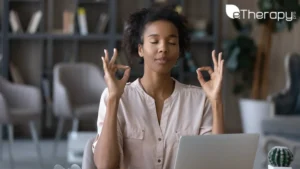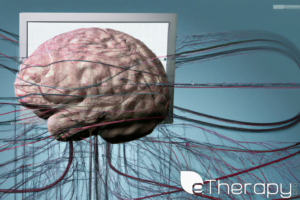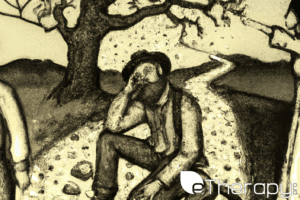Many Americans take pharmaceuticals for anxiety. However, a recent study suggests that medication may not be the best answer; instead, mindfulness meditation seems to be more effective than meds and other “traditional” therapies at helping people manage anxiety.
Specifically, Mindfulness-Based Stress Reduction (MBSR) training seems to be key to supporting the creation of a meditation practice, reports a study published recently in Psychiatry Research. Even just eight weeks of practicing this style of meditation seems to have significant results for those suffering from anxiety. The findings are in keeping with other research done on MBSR and its positive results.
What Was the Methodology of This Study?
-
Participants had all been previously diagnosed with Generalized Anxiety Disorder. One group took an eight-week course in Mindfulness-Based Stress Reduction (MBSR), which focuses on learning and regularly practicing mindfulness meditation.
-
A control group took an eight-week stress management course focusing on factors such as diet, sleep habits, and overall wellness.
-
At the end of the eight-week courses, participants from both groups were asked to perform a common anxiety-inducing task, public speaking. After the task, biological markers of anxiety—stress hormones and cell-signaling proteins–were measured.
The result is that participants who had learned and practiced MBSR showed a significant reduction in anxiety from those in the control group. This suggests that practicing regular mindfulness meditation, even for eight weeks, is much more effective at reducing and managing anxiety than other, more “traditional” methods.
What is Mindfulness-Based Stress Reduction?
MBSR is a specific approach that encourages individuals to practice mindfulness meditation daily. Mindfulness meditation is a practice in which the individual “sits” in meditation, clears the mind as much as possible, and focuses on being in the present by focusing on the breath, sensations of the body, or whatever arises. It’s practicing being in the present moment, rather than being caught up in worry about past and future, as is common with anxiety sufferers.
So what’s the takeaway for you?
If you suffer from anxiety, as many of us do, regular mindfulness meditation is something you should consider. This one practice may not be a panacea for all your problems, but it is certainly an important skill to include in your toolbox.
Many Westerners find it difficult to sit still and meditate traditionally but it’s possible to incorporate mindfulness into a daily routine. Ares Minks, a counselor with eTherapyPro says, “Mindfulness is being fully present in a moment while acknowledging and accepting one’s emotions, thoughts, and sensations. For many people, it’s easier to do this while engaging in a simple activity such as coloring, driving, or listening to music.”
Start your Free trial of online counseling and discuss MBSR with a counselor today.









